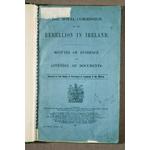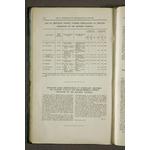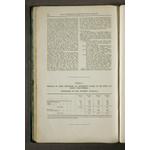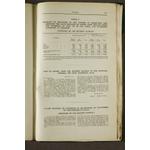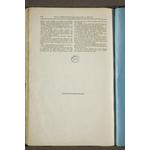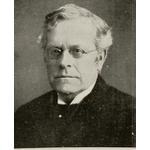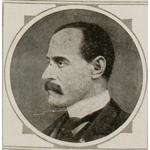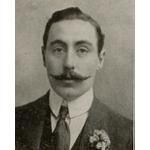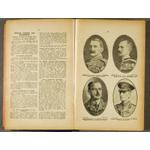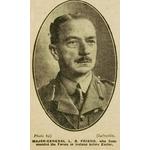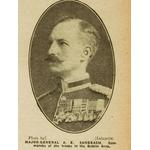Those that set the stage
Augustine Birrell, Chief Secretary for Ireland, 1907-1916
Birrell contributed indirectly to the Rising by failing (together with Asquith) to confront the Ulster unionists and by failing to take action against the republicans planning the Rising. Augustine Birrell (1850-1933) was from Liverpool. His father was a Baptist minister and his maternal grandfather a Free Church of Scotland minister; in later life he became an agnostic, but maintained a Liberal nonconformist outlook.
A legacy enabled him to study law at Trinity Hall, Cambridge, following which he practiced as a barrister and gained recognition as an essayist and literary critic of distinction. Elected as the Liberal MP for West Fife in 1889, he served as a minister under Campbell-Bannerman, becoming Chief Secretary for Ireland in 1907, an office which he held until May 1916 when he resigned under a cloud in the aftermath of the Rising.
The Chief Secretary was the official responsible for formulating and administering government policy in Ireland. Birrell was one of the most humane, committed and productive ministers ever to hold the office. He was well disposed towards nationalist Ireland, his ultimate objective being Home Rule. In the meantime, he had a total of fifty-six pieces of largely beneficial legislation enacted.
These included acts for the establishment of the National University of Ireland and Queen’s University Belfast, and the 1909 Land Act, which accelerated the purchase of land by tenants and reduced agrarian strife. Birrell certainly played a significant role in the eventual enactment of Home Rule. He was, however, culpable in allowing the Ulster unionists to change the nature of Home Rule to an extent that it was unpalatable for most nationalists, including as it did provision for partition.
He was also responsible for failing to control the Ulster Volunteer Force and was negligent in allowing the mutinous army officers and those responsible for the Larne gun-running to go unchallenged. At the time, nationalists contrasted this apparent lack of concern with the authorities’ stance towards Jim Larkin and the trades unionists in 1913 and the shooting of civilians in 1914 following the Howth gun-running.
In relation to the 1916 Rising, Birrell failed to appreciate the threat posed by the physical force faction within nationalism, considering that the numbers so inclined were too few to constitute a threat. He ignored the possibility that they might stage an insurrection regardless of the certainty of failure in order to become martyrs in the cause of Irish freedom and so awaken latent aspirations for national independence.
Finally, he failed to realize that the executions would be counter-productive, provoking a reaction that would eventually take Ireland out of the Union. On his resignation in May 1916, Birrell accepted most of the blame for allowing the preparations for the Rising to go ahead unchecked.
While his inaction in respect of the Ulster unionists was partly due to Asquith and the government as a whole, the official commission placed the blame for the Rising primarily on Birrell, as the minister with direct responsibility.



